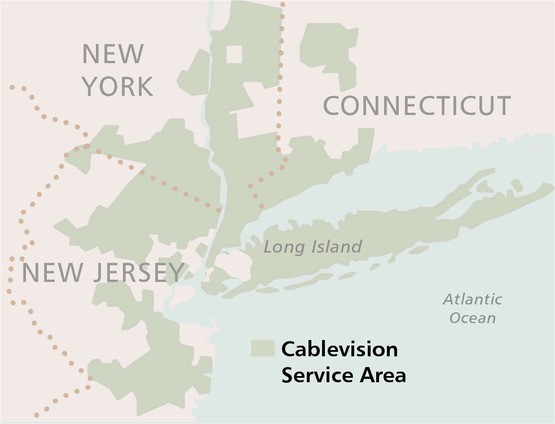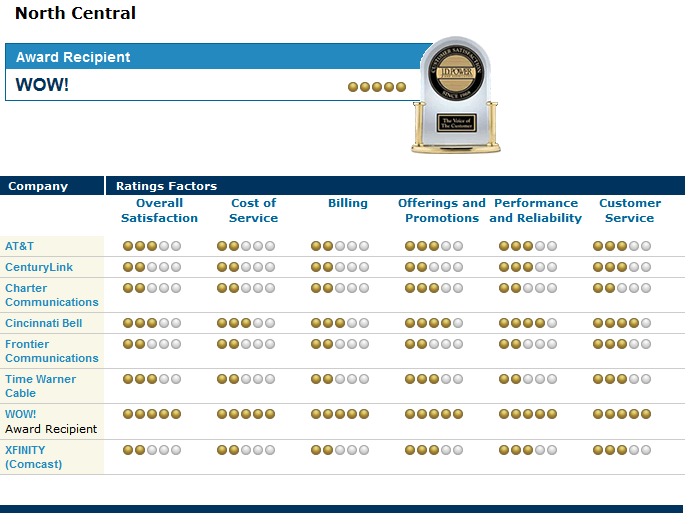![]() Cogeco’s disastrous investment in a Portuguese cable company may be the beginning of the end for the Canadian cable operator. Cogeco, which primarily serves smaller communities in Ontario and Quebec, may eventually find itself the property of Rogers Communications, Inc., particularly if its messy overseas cable operation can be dispensed with soon.
Cogeco’s disastrous investment in a Portuguese cable company may be the beginning of the end for the Canadian cable operator. Cogeco, which primarily serves smaller communities in Ontario and Quebec, may eventually find itself the property of Rogers Communications, Inc., particularly if its messy overseas cable operation can be dispensed with soon.
The Financial Post suggests rumors of Cogeco’s increasing efforts to rid itself of Portugal’s Cabovisao could be a prelude to a bigger sale of its Canadian cable operation to Rogers.
Cogeco’s interest in Portugal’s cable industry came after the company determined there were limited opportunities to invest or acquire cable operations in the highly concentrated North American market. In 2006, it spent $660 million to acquire Cabovisao, two years before Portugal felt some of the worst impacts of a global economic crisis that continues to this day.
Portugal’s efforts to stabilize its economy have brought widespread salary reductions and tax increases, making luxuries like full-priced cable service untenable. Subscribers have been canceling in droves, either because they found a better deal from a competitor, or because they could no longer afford the monthly bill.
Earlier this summer, Cogeco wrote-off its entire investment in Cabovisao and has been rumored to be shopping the cable system for a quick sale.
One analyst told the newspaper if Cabovisao is for sale, Cogeco may be perceived to be “throwing in the towel” on the strategy of investing abroad — and moreover, paving the way for a takeover by Rogers.
Rogers already holds a nearly one-third equity interest in Cogeco. Being rid of Cabovisao could make Cogeco that much more attractive to Rogers, whose systems largely surround Cogeco’s operations.
The only thing remaining in the way of a wholesale takeover could be the Audet family, which controls the majority of shares in Cogeco. Earlier this summer, it was clear the Audets had no interest in selling, but that may be changing with the unwinding of its international investment strategy.


 Subscribe
Subscribe






